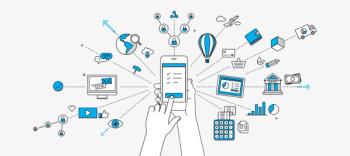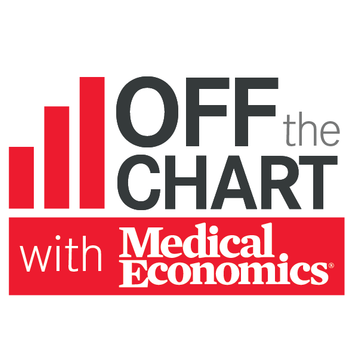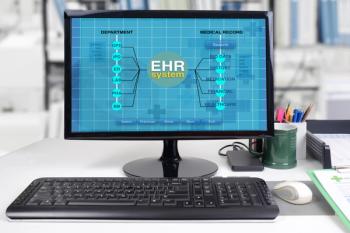
The ongoing COVID-19 global health emergency has pushed physicians to a breaking point. But physician burnout has more to it than just the huge workload that COVID-19 has brought with it and the difficult decisions that need to be made.

The ongoing COVID-19 global health emergency has pushed physicians to a breaking point. But physician burnout has more to it than just the huge workload that COVID-19 has brought with it and the difficult decisions that need to be made.

You can revolutionize your practice and save money by using technology.

The pandemic has patients prioritizing convenience and flexibility when it comes to health care access and delivery.

The organization is making proposals to improve the existing health information privacy framework and expand similar privacy guardrails to other entities not covered by these laws and regulations.

When it comes to working on behalf of health data interoperability, few people are better qualified than Micky Tripathi, Ph.D., M.P.P., the new head of the Office of the National Coordinator for Health Information Technology (ONC).

Telehealth makes it easier for patients to receive follow-up care from their physicians.

How expanded use of telehealth is making it easier for people in underserved communities to obtain primary care services.

A conversation with ONC director Micky Tripathi, on this week's Medical Economics Pulse.

The health IT industry took major leaps forward to create a more seamless healthcare experience for patients and providers.

How to merge in-person and virtual appointments effectively and efficiently, on this week’s Medical Economics Pulse.

The interoperability rule is currently limited in what information cannot be blocked.

Dr. Gidi Stein, cofounder of the Israeli company MedAware, joins Off the Chart to talk about the growing potential of artificial intelligence in medicine, and how it can be used to help avoid diagnostic and prescribing errors.

Physicians today need to think smart when it comes to connecting with the communities they serve.

The last thing patients want is to be put on hold by their provider or interrupted by calls during the work day.

The new venture will seek to connect physicians to their patients simply and securely.

Does your telehealth vendor offer the right solutions? And are you asking the right questions?

When it comes to telehealth platforms, there is no such thing as a one-size-fits-all approach.

Interoperability is only as secure as the weakest link in the information exchange chain.

Electronic prior authorizations can cut down on administrative delays to care, America’s Health Insurance Plans says.

Hospitals and medical practices are increasingly looking to adopt new technology in an attempt to stay resilient throughout the pandemic.

How physicians can tackle new challenges with EHR systems, on this week’s Medical Economics Pulse

By focusing on these four core areas, healthcare organizations can substantially improve the usability of their existing EHRs.

As telehealth expands, it’s imperative that the industry address existing discrimination and inequality in healthcare instead of contributing to the problem.

Most hospitals expect RPM to match or surpass in-patient monitoring in the coming years.

Digital symptom checkers in the US and UK missed several severe illnesses in an international study.